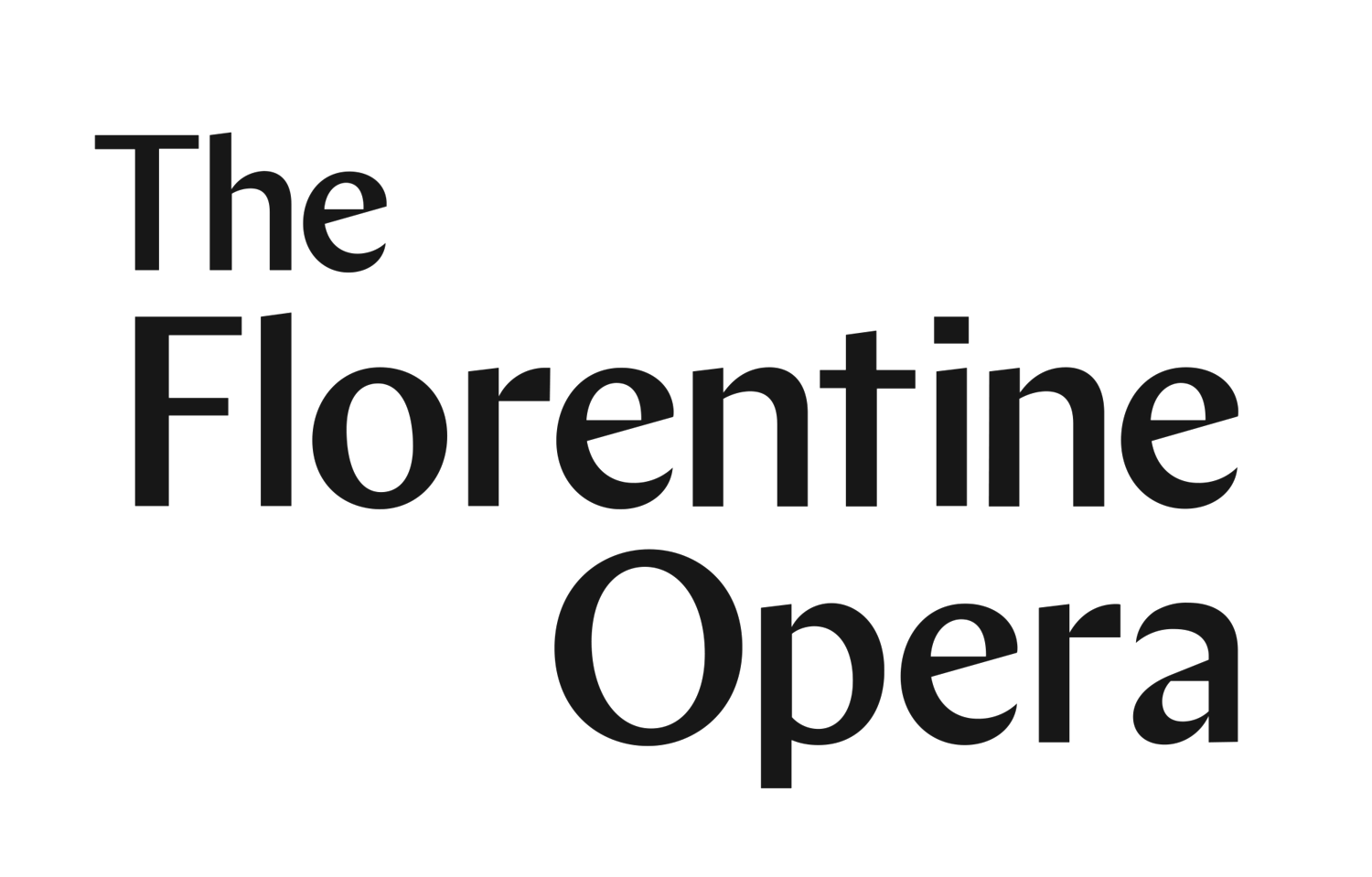Eugene Onegin, Quarantined
Need to Know
Eugene Onegin is based on the novel of the same title by Alexander Pushkin. The idea of making it into an opera was brought to Tchaikovsky by a singer named Elizaveta Lavrovskaya. Initially, he found the idea peculiar, but quickly found inspiration in Pushkin’s “novel in verse".
Tchaikovsky is widely considered the most popular Russian composer in history. His ballets, The Nutcracker, Sleeping Beauty, and Swan Lake are some of the most performed music around the world. His opera Eugene Onegin is also apart of opera’s “standard” repertoire and is considered a staple of Russian opera.
“Inspiration is a guest that does not willingly visit the lazy.” -Tchaikovsky. He definitely lived by this philosophy. From his early piano training (at age five), until his death, this man was driven to work and excel. Read more facts about the composer from Connolly Music.
True Crime!
Into true crime tv shows? Tchaikovsky’s death, medically diagnosed as cholera, is vailed in mystery. Did he commit suicide? Was he ordered to death? Listen to episode 5 from Classic FM’s podcast “Case Notes” to learn more about the mysteries surrounding the composers death.
Shall we Dance?
Tchaikovsky’s best known pieces are his ballets, The Nutcracker, Sleeping Beauty, and Swan Lake. Dance lovers need not be disappointed, Eugene Onegin also brings us some beautiful dance moments. Here are links to three of those moments: “Act II Waltz”, “Act II Mazurka”, “Act III Polonaise”
A “Dandy” man’s cocktail!
In both Pushkin’s novel and Tchaikovsky’s opera, Onegin is referenced as a “dandy” man. “In historic context, a dandy is a man that places particular importance upon physical appearance, refined language, and leisurely hobbies, pursued with the appearance of nonchalance in a cult of self.” To honor such a character, let’s toast Onegin with a Dandy Cocktail. This twist on the classic manhattan is a well-balanced combo of spirit, liqueur and aromatic wine. Watch John build it here!
Ingredients: 1 1/2 oz bourbon, 1 1/2 oz Dubonnet Red, 1/2 oz Cointreau, 1 dash Angostura Bitters, Orange and Lemon peel for garnish. Directions: Stir all ingredients with ice and strain into a chilled glass, garnish with orange and lemon peel, enjoy!
Synopsis
Cliff Notes:
ACT I: The arrogant, selfish, “dandy” from St. Petersburg, Eugene Onegin, joins his friend Lensky for dinner at his fiancée Olga’s home. There Onegin is introduced to Olga’s sister Tatyana and she immediately falls in love with him. She confesses her love in a letter, but he dismisses her feelings for him, saying he is not one that easily falls in love and that marriage is not suited for him. ACT II: Onegin, bored and irritated at a ball, decides avenge his to flirt with Olga. Lensky becomes infuriated at this action and challenges Onegin to a duel. The next morning, both men have second thoughts, but neither the courage to stop the duel from happening, Onegin kills Lensky with a shot to the chest. ACT III Several years have passed and Onegin, having returned to St. Petersburg, is attending a ball. He is bored as usually until he catches a glimpse of a familiar face, Tatyana who has grown from into a sophisticated and elegant woman. Onegin is filled with desire for her, but Tatyana, who is now married, turns him down. She tells him how she still has strong feelings for him and the life they could have shared, but she will also will remain faithful to her husband. She leaves Onegin to wallow in his pain.
Full Synopsis
Read the Full Synopsis from the Met
Stream the Opera
Here is a 1994 production from Glyndebourne Festival Opera
Here is a movie version of the Opera
Rent this 2013 production from the Met
More Listening
Olga’s aria: “Ah, Tanya, Tanya” sung by Tatjana Piminova
Tatyana’s “Letter Scene” sung by Anna Netrebko
Onegin’s “Act I Aria” sung by Dmitri Hvorostovsky
“Lensky’s Aria” sung by Nicolai Gedda
Gremin’s aria, “All men surrender to Love’s power” sung by Ildar Abdrazakov
“ACT III Finale” sung by Anna Netrebko and Peter Mattei
